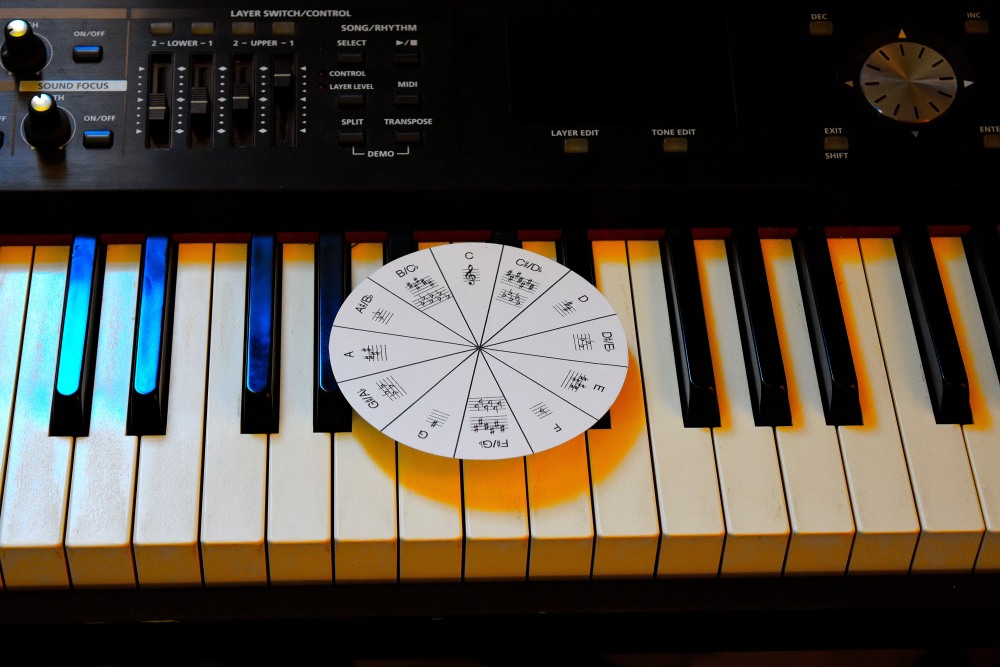A photo of the recent lunar eclipse. The moon is on some sort of schedule so why not me?
So I track my time rather diligently but don’t schedule it so much, so a lot of what could get done does not.
How is that working out as respects making music and media to incite insight and invigorate innovation?
Well my music skills are accomplished but also some what stagnant.
And the hit and miss that happenstance provide as a means of adding to my catalog of artistique endeavors also suffers want.
A schedule can help to build a regimen of activity commensurate with the ideal of making progress as a musician.
Practicing, writing, recording, editing and so on.
It can be a struggle to parse the latest song and fine tune the timing of all the parts as well as learn to play it and write lyrics for it.
Struggle though it is, it can also be enlivening to do
So help to maintain some momentum is of course needed?
I find a lot of encouragement on Medium a writing forum that infuses me with enthusiasm, but the follow through is muted at best.
So can accountability help?
I endeavour to some accountability by way of this blog, a youtube channel and recently set up a patreon page (still needs work though)
Begin where you are don’t stay where you are.
Good advice in practically any endeavor, as for making musical advancement a matter of course, here is this.
As can be seen in the strands of the sonique spiderweb the major scale contains 7 common modes within it.
Out of one many
So by learning one we can have many available. As there are the 7 primary modes we could schedule one for every day of the week
A is at the beginning of the musical alphabet. It seems suitable as the starting point to promote understanding of this useful aspect of music theory.
That is, by knowing all the notes that make up the A Major scale one can deduce:
- The Dorian scale in B (a video can be seen here)
- The Phrygian scale in C# (a video for your edification if you so desire)
- The Lydian in D
- The Mixolydian in E
- The Aeolian in F#
- The Locrian in G#.
This is because all the notes in these modes are found in the A Major Scale!
Go ahead and try to do that
So what to do with this knowledge? Parse the other modes in the A major by referencing the notes and finding them on your instrument.
I also recommend playing the scale in a variety of ways so as to improve working knowledge of your instrument and provide technical proficiency through shifting ones view of the possibility that scales can be a rather interesting provocation to inspire music making.
One question that comes up is how can we employ these various modes.
What options does this knowledge afford us to add interest to our musical expression?
Stay tuned!


